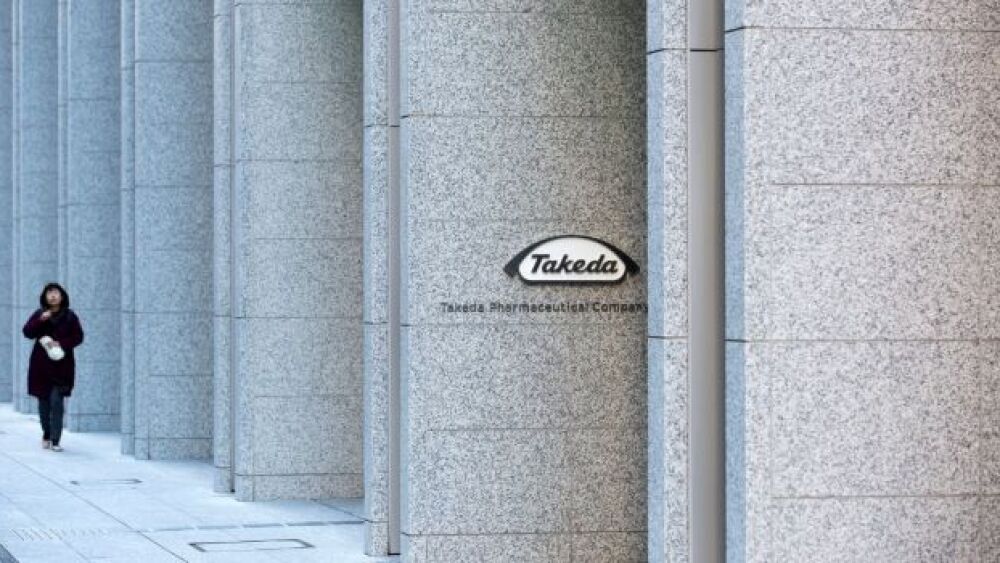Takeda and Arrowhead Pharmaceuticals’ Phase II trial studying fazirsiran, an investigational RNA therapeutic developed for AATD-LD, was effective in Phase II–but so was the placebo.
Courtesy of Tomohiro Ohsumi/Getty Images
Data from a Phase II trial studying Takeda and Arrowhead Pharmaceuticals’ fazirsiran in liver disease associated with alpha-1 antitrypsin deficiency (AATD-LD) showed the drug was effective – but so was the placebo.
Arrowhead’s stock fell over 20% Monday following the announcement and subsequent call for investors, in which the company decided against a Q and A session.
The companies reported that 50% of patients treated with fazirsiran, an investigational RNA therapeutic, achieved an improvement in fibrosis of at least one point, compared to 38% of patients treated with a placebo.
Though Arrowhead emphasized the positive results from the trial in its announcement, the unusually high efficacy of the placebo calls into question the level of the therapeutic’s effectiveness.
The livers of AATD patients are unable to produce enough of the mutant alpha-1 antitrypsin protein (Z-AAT) that protects enzymes from damaging the lungs. After fazirsiran stops the body from producing the protein, patients are then given replacement AAT protein on a regular basis.
During Phase II of the study, patients with baseline fibrosis who received either 25 mg, 100 mg or 200 mg of fazirsiran demonstrated a mean reduction in Z-AAT concentration at week 48 of 74%, 89% and 94%, respectively. All three doses led to a “dramatic reduction in total liver Z-AAT,” Arrowhead reported.
This data was consistent with earlier data from the Phase II AROAAT-2002 open-label study published in The New England Journal of Medicine.
Javier San Martin, M.D., chief medical officer at Arrowhead, said that patients receiving fazirsiran showed “dramatic and encouraging changes in several markers of disease during the treatment period, including fibrosis, Z-AAT accumulation in the liver, PAS-D globule burden, liver enzymes and other important markers.”
San Martin added that the data gives his team “additional confidence” in the therapeutic’s potential.
Based on this confidence, Takeda announced it will initiate Phase III of the trial later this month. The study will include 160 patients receiving either fazirsiran or a placebo.
With this larger sample size, the company hopes “the rate of improvement in patients receiving placebo may more closely approximate results from natural history studies of untreated patients with AATD-LD.”





